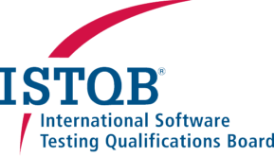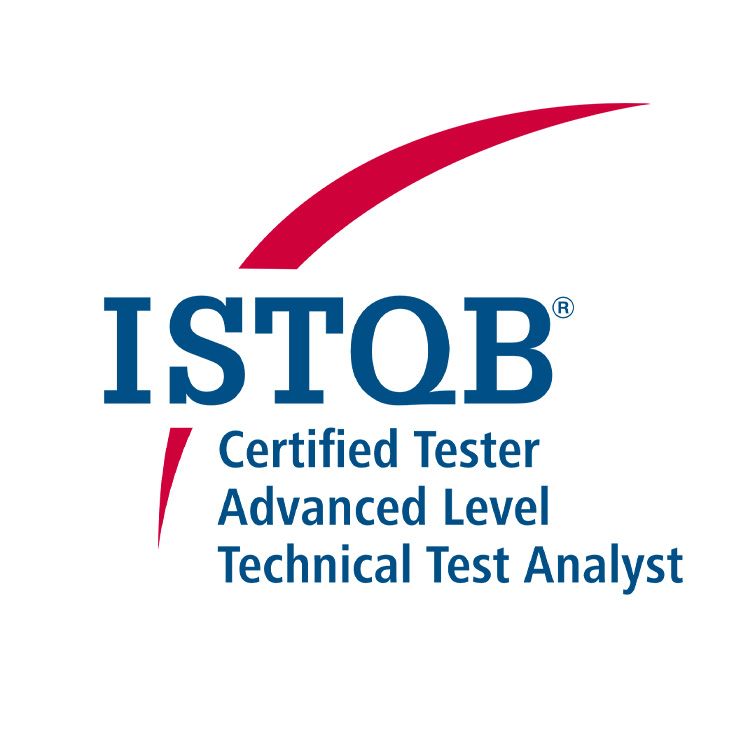Certified Tester Advanced Level Technical Test Analyst (CTAL-TTA)
Overview
The ISTQB® Advanced Level Technical Test Analyst (CTAL-TTA) provides a thorough introduction to the technical testing skills which are fundamental in many organizations today. These skills include risk-based testing, white box testing, static and dynamic analysis, non-functional testing, and test automation.
Audience
The Advanced Level Technical Test Analyst certification is suitable for anyone who is involved in testing as well as anyone interested in further developing their software testing knowledge. This includes people performing activities such as test analysis, test consulting, and software development.
To gain this certification, candidates must hold the Certified Tester Foundation Level certificate and have sufficient practical experience. Please contact an ISTQB® Member Board or Exam Provider to determine the specific practical experience criteria.
Content
ISTQB® Certified Tester Advanced Level – Technical Test Analyst (CTAL-TTA)
The Technical Test
Analyst’s Tasks in Risk-
Based Testing
Introduction
Risk-based Testing
Tasks
White-Box Test
Techniques
Introduction
Statement Testing
Decision Testing
Modified Condition/ Decision Coverage
(MC/DC) Testing
Multiple Condition Testing
API Testing
Selecting a White-box
Test Technique
Static and Dynamic
Analysis
Introduction
Static Analysis
Dynamic Analysis
Quality Characteristics for Technical Testing
General Planning
Issues
Security Testing
Reliability Testing
Performance Testing
Maintainability Testing
Portability Testing
Compatibility Testing
Operational Profiles
Reviews
Technical Test
Analyst Tasks in
Reviews
Using Checklists in
Reviews
Test tools and Automation
Defining the Test automation Project
Specific Test Tools
Exam Structure
- No. of Questions: 45
- Passing Score: 51
- Total Points: 78
- Exam Length (mins): 120 (+25% Non-Native Language)
Business Outcomes
A candidate who has achieved the Advanced Level Technical Test Analyst certification should be able to:
- Recognize and classify the typical risks associated with the performance, security, reliability, portability and maintainability of software systems
- Provide technical elements to the planning, design and execution of tests for mitigating performance, security, reliability, portability and maintainability risks
- Select and apply appropriate white-box test techniques to ensure that tests provide an adequate level of confidence, based on design coverage
- Effectively participate in reviews with developers and software architects applying knowledge of typical defects in the code and architecture
- Improve the quality characteristics of code and architecture by making use of different analysis techniques
- Outline the costs and benefits to be expected from introducing particular types of test automation
- Select appropriate tools to automate technical testing tasks
- Understand the technical issues and concepts in applying test automation
More Information
Training is available from Accredited Training Providers (classroom, virtual, and e-learning). We highly recommend attending accredited training as it ensures that an ISTQB® Member Board has assessed the materials for relevance and consistency against the syllabus.
Self-study, using the syllabus and recommended reading material, is also an option when preparing for the exam.
Holders of this certification may choose to proceed to other Core, Agile, or Specialist stream certifications.


